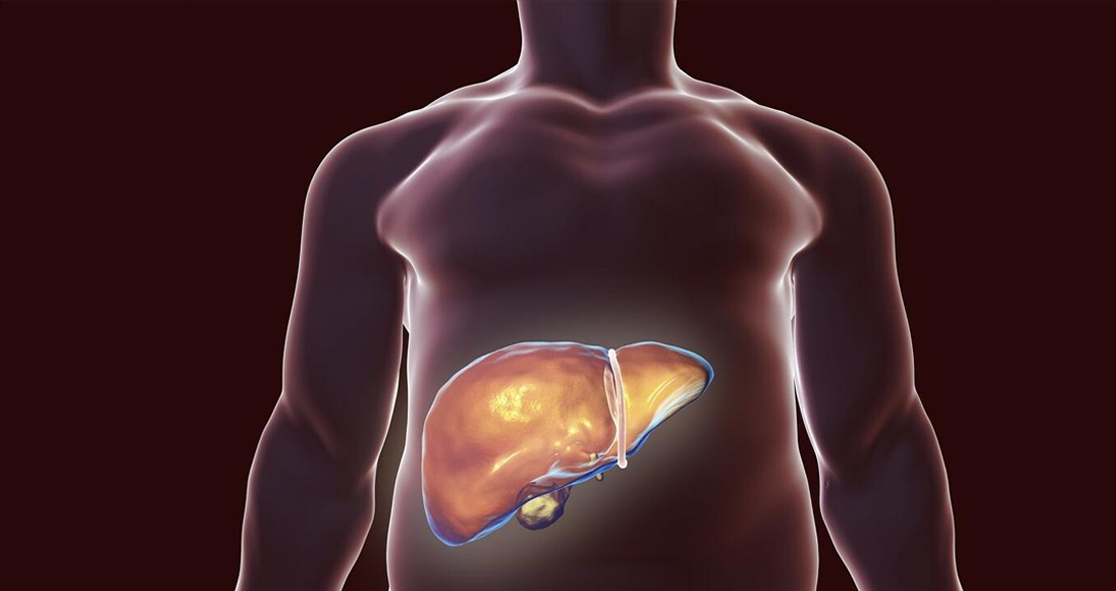A new Rutgers study has shown that a hormone, which triggers puberty and controls fertility in humans, might have therapeutic effects on non-alcoholic fatty liver disease (NAFLD), according to Science Daily.
The study, published in the Journal of Clinical Investigation, suggests that a modified version of the hormone kisspeptin can be used to treat NAFLD.
Worldwide, NAFLD is the most common form of chronic liver disease, which is associated with obesity and type 2 diabetes. It is called a “silent” disease because people initially have no symptoms. The condition begins with the accumulation of fat in the liver, also known as fatty liver.
As the disease progresses, the liver is inflamed, causing non-alcoholic steatohepatitis (NASH), followed by fibrosis and cirrhosis. There are currently no approved treatments for NASH.
The study’s lead author Prof. Moshmi Bhattacharya has spent more than 15 years studying kisspeptin. Apart from regulating pubertal development and maintaining the reproductive function, kisspeptin is associated with appetite and sexual attraction.
Prof. Bhattacharya and Dr. Andy Babwah started the study to understand the roles of kisspeptin in the liver in both healthy and obese conditions.
In this preclinical study, the researchers fed mice a high-fat, high-sugar Western diet to induce obesity and NAFLD. They found that kisspeptin given to these mice offered protection against the development of fatty liver, NASH, and fibrosis.
This study uncovers a powerful association between kisspeptin and the reduction of liver fat and fibrosis.
The researchers said the hormone helps reduce fat accumulated in the liver and reverse more advanced diseases. They also said that blood kisspeptin levels change in humans with NAFLD as well as in mice with NAFLD.
The study’s co-author Dr. Vinod Rustgi said. “This work shows the kisspeptin receptor signaling pathway has a potential therapeutic role in NAFLD.
“It does this by protecting against the development of fat in the liver and reducing inflammation and fibrosis,” he added. “As such, it has the potential to favorably impact the health and lives of millions of patients around the globe.”





















